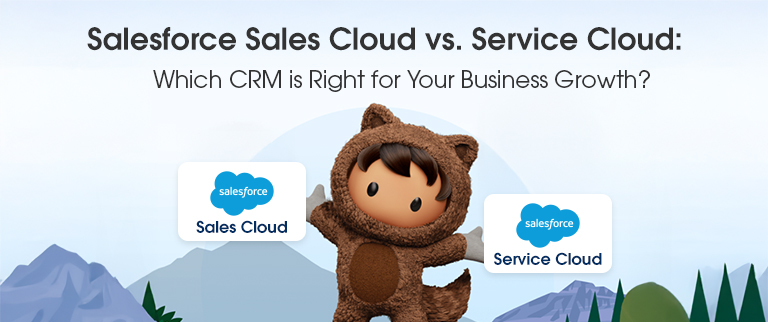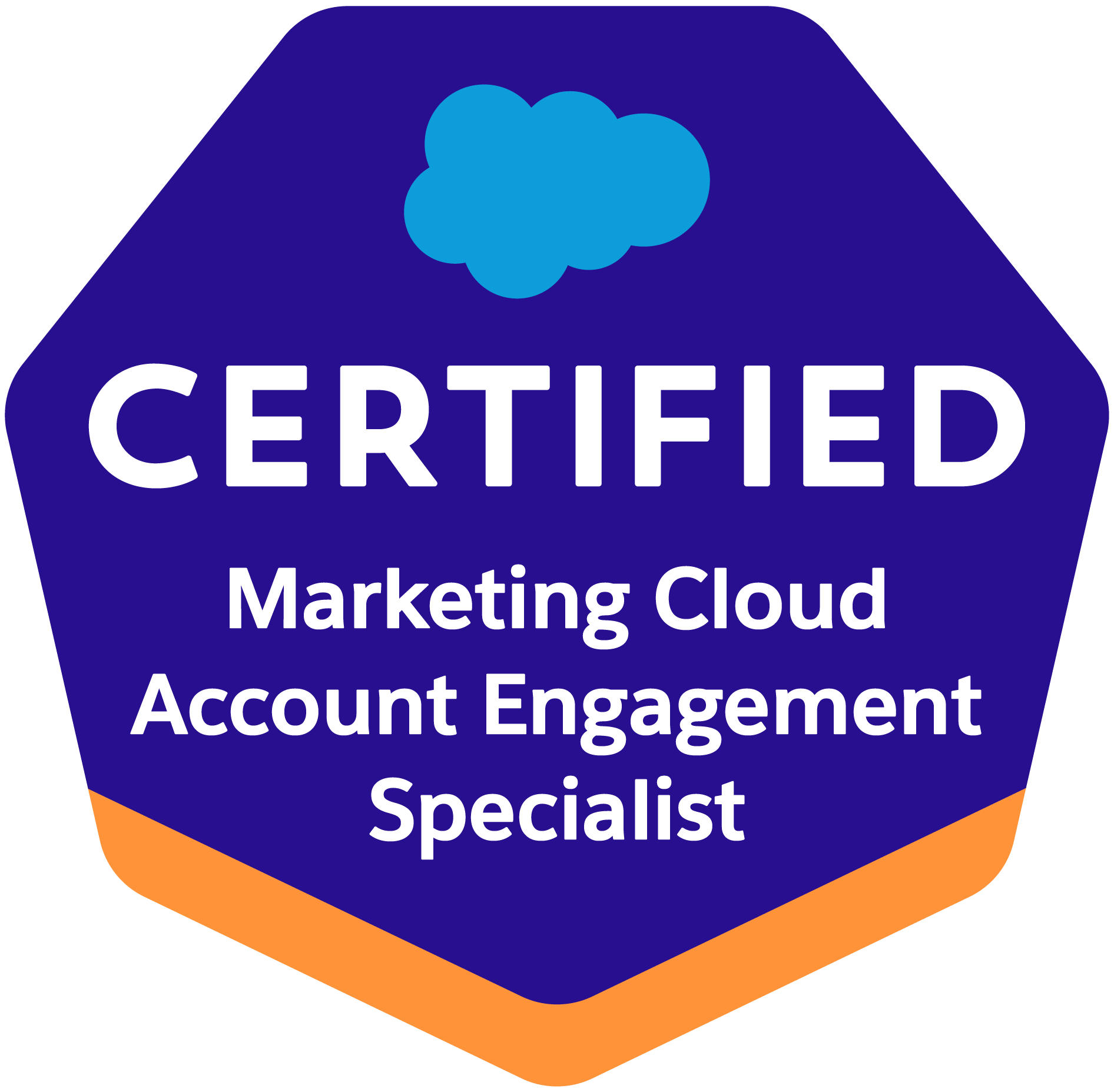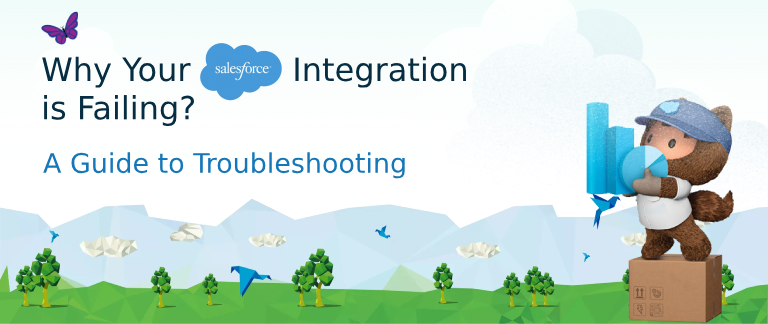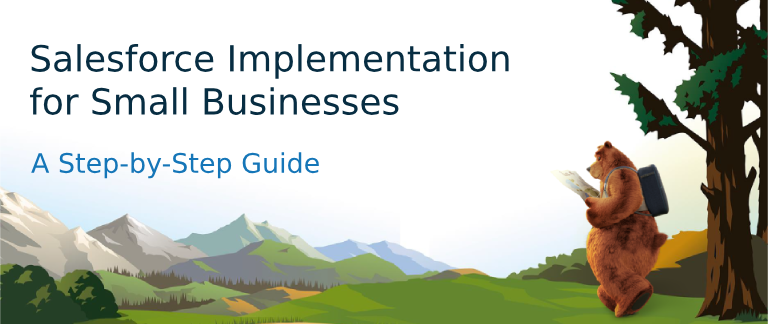
Salesforce Sales Cloud vs. Service Cloud: Which CRM is Right for Your Business Growth?
In order to drive growth and ensure the sustainability of a business, especially in the cohort mediums, you need to opt for the right Customer Relationship Management (CRM) platform. Salesforce, being the #1 CRM, has tailored solutions for different business units, with Sales Cloud and Service Cloud being the most popular. Although both platforms share the same essence, they have separate objectives and offer unique features that address distinct business requirements. Recognizing the distinctions between Sales Cloud and Service Cloud empowers your business to develop an appropriate growth strategy.
Overview of Salesforce Sales Cloud
Salesforce Sales Cloud was created with the sales team in mind, focusing on automating the sales cycle and enhancing sales productivity. It is packed with the apt technology to control leads, opportunities, and accounts, so sales reps can track and consummate with customers in real-time.
Here are the key features of Sales Cloud:
Lead & Opportunity Management – Monitor and evaluate sales leads and prospective customers through each stage of the sales funnel.
Sales Forecasting – A sales forecast is an estimate of potential sales very far into the future. It helps you create and adapt sales strategies based on historical data and projected sales.
Collaboration Tools – Use Chatter and similar collaboration features to boost sales team communication and include real-time updates and other vital information.
Mobile Accessibility – Use of mobile and tablet applications ensures that critical sales information may be accessed and worked on beyond the office’s boundaries by sales reps.
Overview of Salesforce Service Cloud
In contrast, Salesforce Service Cloud is designed for customer service teams that prioritize customer support and satisfaction. It assists in efficiently handling customer queries, support tickets, and feedback.
Here are the key features of Service Cloud:
Case Management: Manage and track customer cases from initial contact to resolution, ensuring they get assistance and no enquiry is overlooked.
Knowledge Base: Build a database of support articles and FAQs to ensure customers get answers to their questions by themselves, reducing the burden on the support team.
Omni-channel Support: Assist customers through multiple channels such as phone, email, chat, and social media, assuring a unified and uninterrupted support experience.
AI-Powered Support: Leverage Salesforce Einstein to give insights and handle routine questions to increase Salesforce efficiency and response times.
What to Choose: Sales Cloud vs. Service Cloud?
Target Users: Service Cloud is tailored for customer service representatives who are looking to improve customer satisfaction, while Sales Cloud is focused on sales professionals looking to grow revenue.
Core Functions: Service Cloud focuses on customer support, case management, whereas Sales Cloud concentrates on lead management, sales forecasting, and sales pipeline management.
Goals: If Sales and revenue growth are your goals, Sales Cloud would be best for you. If your focus is on improving customer retention and satisfaction, Service Cloud would be an ideal choice.
Integration and Customization: Sales Cloud and Service Cloud both integrate and work seamlessly with other products from Salesforce and with other third-party applications, enabling enterprises to personalize their CRM to their exact needs.
Who Are We?
Tech9logy Creators is a Registered Salesforce Consulting and ISV Partner Company with over 11+ years of experience. We have a certified team of developers with extensive knowledge about Salesforce AppExchange and provide you with the best-in-class personalized apps. Our dedicated Salesforce experts help you bring the best out of your CRM and ensure your business operates at its highest potential.
Contact us for more information.





























